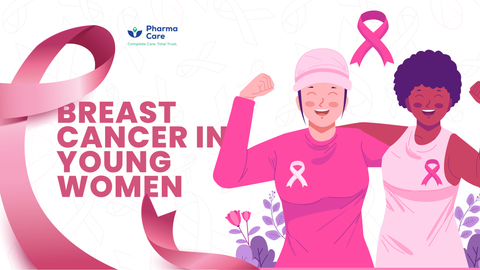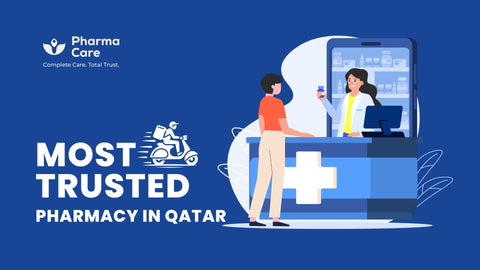As Qatar advances in healthcare and awareness, it’s vital to shine a light on an often-overlooked health issue: breast cancer in young women. While breast cancer is generally associated with women over 40, it can and does occur in younger women sometimes more aggressively and with less warning. Here’s what every young woman in Qatar should know to protect herself and those she loves.
Am I Too Young for Breast Cancer?
A common belief is that breast cancer only affects women in their forties and beyond. However, local statistics and studies show that young women—even those in their 20s and 30s—can develop the disease. In Qatar and across the Gulf, breast cancer cases are being detected in younger women, sometimes at more advanced stages due to low awareness and limited routine screening before age 45.
Key Questions Young Women in Qatar Are Asking
-
What are the early signs and symptoms of breast cancer in my 20s or 30s?
-
Is family history important for my risk?
-
Can I do anything to lower my risk?
-
How does pregnancy or breastfeeding affect my chances?
-
Are there special risks for women in Qatar?
Top Facts: Breast Cancer in Young Women
-
Not Just an Older Woman’s Disease: Up to 10% of breast cancers develop in women under 40. In the Gulf, factors like family history and genetics mean the risk is real for younger women.
-
Aggressive Nature: Cancers found in young women can be more aggressive and less responsive to certain treatments.
-
Late Detection: Younger women in Qatar are less likely to do regular self-exams or access screening, contributing to later diagnoses.
-
Symptoms to Watch For: Lumps, breast shape or size changes, dimpling, nipple discharge, unexplained pain, or swelling under the arm should all prompt a medical review.
-
Screening: While routine mammograms are typically for women over 45, those with a family history or other risks should consult their doctor about personalized early detection plans such as MRI or genetic testing.
Risk Factors Relevant to Qatar’s Youth
-
Family history of breast or ovarian cancers
-
BRCA1/BRCA2 gene mutations (relatively common among certain regional populations)
-
Early menstruation, late menopause
-
Obesity, smoking, and lack of physical activity
-
Reproductive choices: Late or no childbirth, birth control pill use
Taking Action: Early Detection and Empowerment
-
Monthly Breast Self-Exam: Get comfortable with what’s normal for your body and notice any changes.
-
Prompt Medical Consultation: If you find any abnormality, see a doctor—don’t wait for your next checkup.
-
Family History Counts: If your mother, sister, or close female relative has had breast or ovarian cancer, ask about early or enhanced screening.
-
Join Awareness Campaigns: Events like Pinktober in Qatar help break stigma and encourage early action.
-
Know That Support Is Available: Qatar’s healthcare system and pharmacies like PharmaCare support young women with resources on detection, support, and counseling.
Why Are Young Women Less Likely to Seek Help?
-
Misconceptions that they are “too young” for cancer
-
Lack of knowledge about symptoms
-
Fear, embarrassment, or busy lifestyles
-
Not knowing how to access free or affordable screening exams (which now ARE available nationally!)
Your Next Steps: Knowledge Saves Lives
Don’t let stigma, misinformation, or fear stand in the way of your health. Share this information with your friends, family, and community. Start your regular self-checks today, talk to a doctor if you have questions, and visit PharmaCare Pharmacy for reliable, confidential guidance on breast health.









تعليقات (0)
لا توجد تعليقات على هذا المقال. كن أول من يترك رسالة!